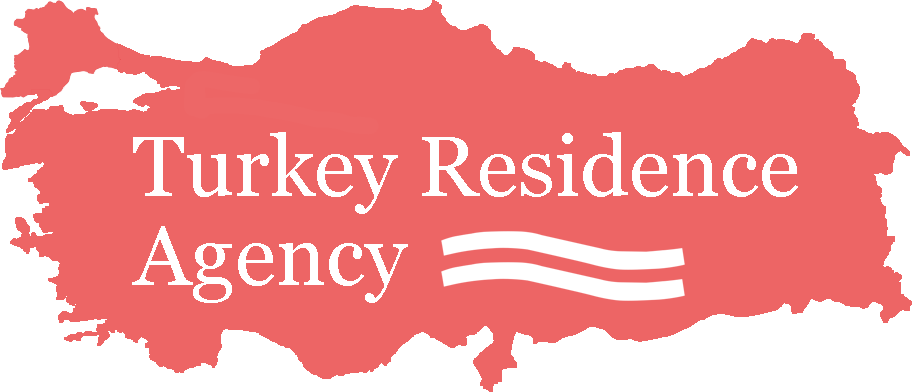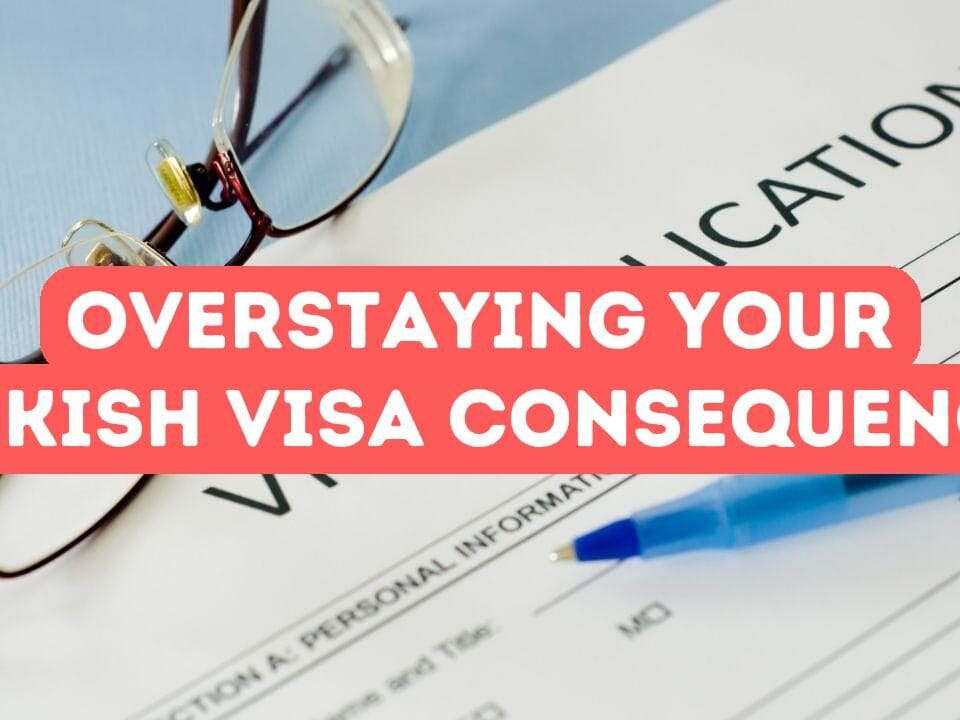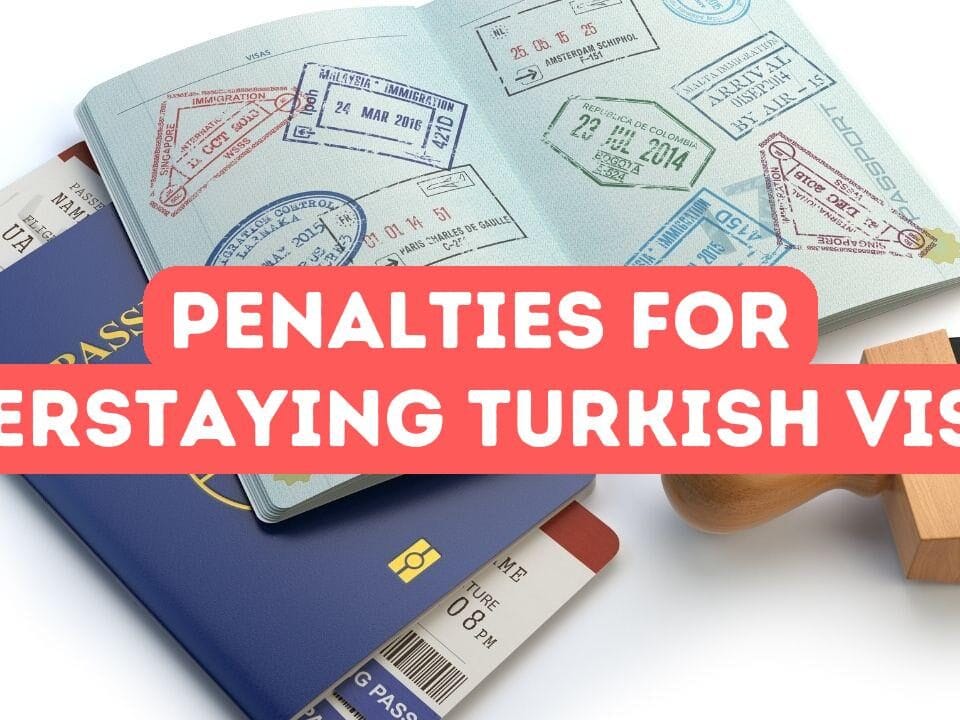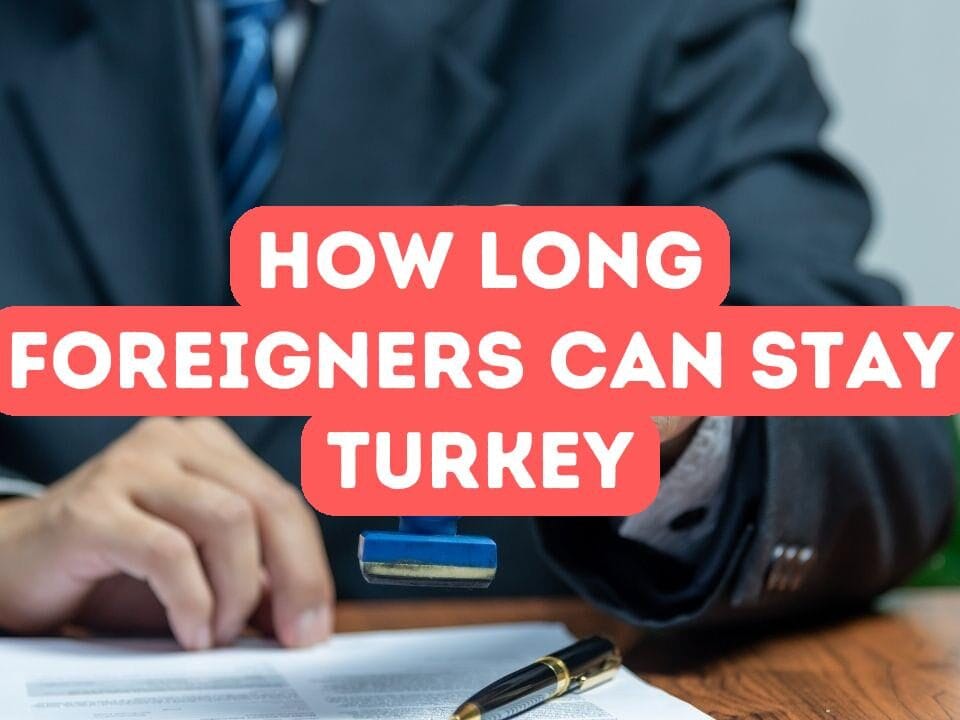Turkish Language Course Visa
Navigating the various types of visas available for an enriching stay in Turkey can be intricate, especially when looking to enhance your linguistic skills through immersion. At Turkey Residence Agency, we understand the unique blend of excitement and challenges that come with planning your educational journey. Our latest focus is on the Turkish Language Course Visa, a crucial component for individuals aiming to gain proficiency in the Turkish language while experiencing the cultural vibrancy the country has to offer. This visa not only allows you to participate in language courses but also opens the gateway to a deeper understanding of Turkey’s rich heritage and modern lifestyle. In this post, we will guide you through the requirements, benefits, and process of obtaining a Turkish Language Course Visa, ensuring your path to language mastery is both smooth and compliant with national regulations.
Preparing Your Application: Essential Requirements and Tips
When preparing your application for a Turkish Language Course Visa, it is essential to gather all necessary documents to ensure a seamless process. First and foremost, you will need a completed visa application form, available online from the Turkish Consulate or Embassy. Additionally, a valid passport with at least six months’ validity beyond your intended stay, two passport-sized photographs, and proof of your enrollment in a recognized Turkish language course are mandatory. Don’t forget to include proof of sufficient financial means to support your stay, such as bank statements or a sponsorship letter, and a health insurance policy valid in Turkey. To further strengthen your application, consider adding a motivational letter explaining your reasons for learning Turkish and your future plans. Properly organizing these documents and adhering to the specific submission guidelines will greatly enhance your chances of a successful application.
Beyond the standard documentation, paying attention to the finer details can make a significant difference in the application process. Ensure that all information provided on your forms and supportive documents is accurate and matches across all files. Any discrepancies, such as mismatched names or incorrect dates, can lead to delays or even rejection. Double-check the specific requirements of the Turkish Consulate or Embassy where you plan to submit your application, as some locations may have unique prerequisites or additional forms to complete. It is also advisable to arrange an appointment well in advance to avoid any last-minute rush, as consulates can experience peak times with longer waiting periods. Keeping copies of all submitted documents for your records is a prudent step that can save hassle in case any re-submissions are requested. By meticulously planning and following these steps, you can significantly streamline the visa application process.
Once you’ve compiled your documentation and reviewed every detail for accuracy, the final step in your preparation is to mentally gear up for a possible interview at the consulate or embassy. Frequently, applicants might be called upon to discuss their intentions and plans briefly. Approach this opportunity with confidence and clarity; be ready to articulate your motivation for learning Turkish, how it aligns with your personal goals, and your commitment to respecting Turkish laws and culture. Dress professionally and ensure you have a printed set of your documentation to refer to during the interview. Remember, this stage is just as critical as the written submission, as it gives you the chance to clarify and reinforce your genuine interest in Turkey’s language and culture. With thorough preparation and a positive mindset, you can navigate through this phase smoothly and increase your likelihood of obtaining the Turkish Language Course Visa.
Navigating the Interview Process: Common Questions and Effective Answers
Navigating the interview process for the Turkish Language Course Visa can seem daunting, but with thorough preparation, you can approach it with confidence. During the interview, you may be asked a variety of questions aimed at gauging your motivations, background, and plans in Turkey. Common questions often include inquiries about why you chose Turkey for your language studies, how these courses align with your personal or professional goals, and your plans upon completing the program. It’s important to provide clear, honest, and concise answers, demonstrating a genuine interest in learning Turkish and immersing yourself in the culture. Highlight any prior experience with the Turkish language, if applicable, and express how improving your proficiency will benefit your future endeavors. Remember, the goal of the interview is to confirm your commitment to the linguistic and cultural journey you are about to embark on.
Another angle the interview may explore is your understanding of the practical aspects of your stay in Turkey. Be prepared to discuss your accommodation arrangements, financial readiness to support yourself throughout the duration of the course, and your plans for health insurance. This demonstrates that you have thoroughly considered the logistics of living in Turkey and that you are well-prepared for a smooth transition. Additionally, you may be asked about your familiarity with Turkish customs and societal norms. Displaying an awareness of cultural sensitivity and a respectful approach to integrating into the local community can positively influence the interviewer’s perception of your readiness for this immersive experience. By addressing these practical considerations with clarity and confidence, you underscore your commitment and preparedness for your time in Turkey.
Finally, the interview may include questions aimed at understanding your long-term intentions after completing the Turkish language course. Interviewers often seek to know whether you plan to pursue further education, seek employment, or simply enhance your cultural competence and return to your home country. It’s beneficial to articulate a clear, thoughtful vision that showcases your ambition and how mastering the Turkish language fits into your broader personal or professional aspirations. If you intend to stay in Turkey for extended studies or employment, outline any preliminary plans or steps you’ve taken towards these goals, such as researching universities or networking with potential employers. On the other hand, if your goal is to leverage your language skills in your home country, explain how this expertise will add value to your career or personal growth. By providing detailed and realistic long-term plans, you help build a convincing narrative of your purpose and dedication, reassuring the interviewer of your sincerity and thoughtfulness in choosing the Turkish language course.
Post-Approval Steps: Planning Your Journey and What to Expect
Once your Turkish Language Course Visa is approved, the next step involves meticulous planning for your journey and familiarizing yourself with what lies ahead. Begin by arranging your travel logistics, ensuring your transportation and accommodation align with your course schedule and personal preferences. It’s crucial to understand the socio-cultural nuances of Turkey to make a seamless transition. Familiarize yourself with local customs, basic phrases, and everyday practices to better integrate into Turkish society. Additionally, addressing practical matters such as health insurance, local banking options, and mobile connectivity will provide a smoother settling-in period. With these preparations in place, you can confidently embark on your educational adventure, ready to immerse yourself in the Turkish language and culture.
Another essential aspect to consider post-approval is the registration process at your chosen language institution. Upon arrival in Turkey, promptly visit your language school’s administration office to complete your enrollment. This step typically involves providing your passport, visa documentation, and possibly your travel insurance. It’s also beneficial to inquire about orientation sessions offered by the institution, which can provide valuable insights into both academic expectations and cultural acclimatization. Beyond the school environment, explore local resources such as libraries, cultural centers, and community groups that can further enhance your learning experience. Engaging with native speakers outside the classroom through language exchange meetups or local events can significantly accelerate your language acquisition. By actively participating in the community and leveraging these resources, you create a comprehensive and immersive learning journey.
Embracing your new environment with an open mind and a proactive attitude will significantly enrich your experience. Take advantage of every opportunity to interact with locals, as these encounters will not only improve your language skills but also provide a deeper understanding of Turkish culture and daily life. Consider participating in local festivities, culinary classes, or even volunteering opportunities to broaden your social network and practice Turkish in real-world settings. Furthermore, consistently review and practice what you learn in class through real-life conversations or language apps that help reinforce your vocabulary and grammar. Remember, consistent practice and cultural immersion are key to achieving fluency. As you navigate this exciting journey, the team at Turkish Council remains at your disposal, ready to assist with any challenges that arise, ensuring your path to mastering the Turkish language is rewarding and fulfilling.






